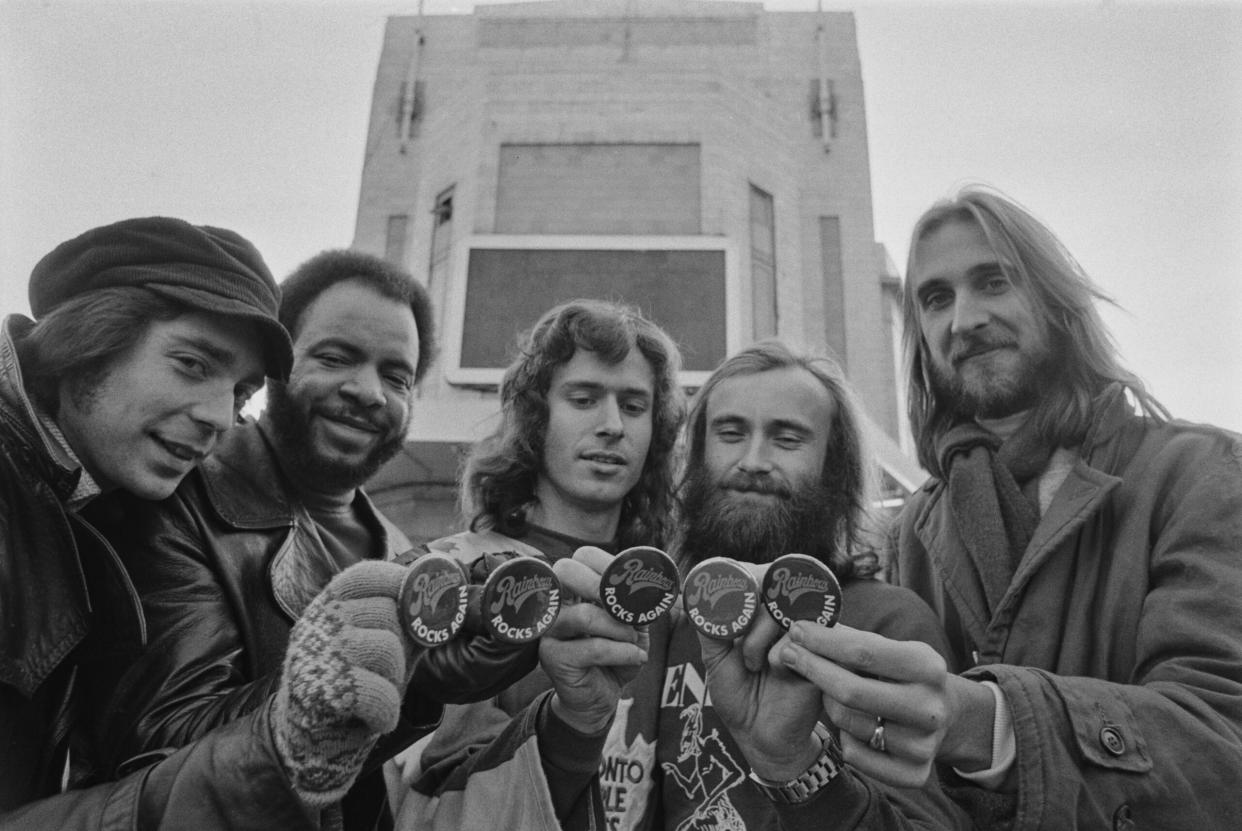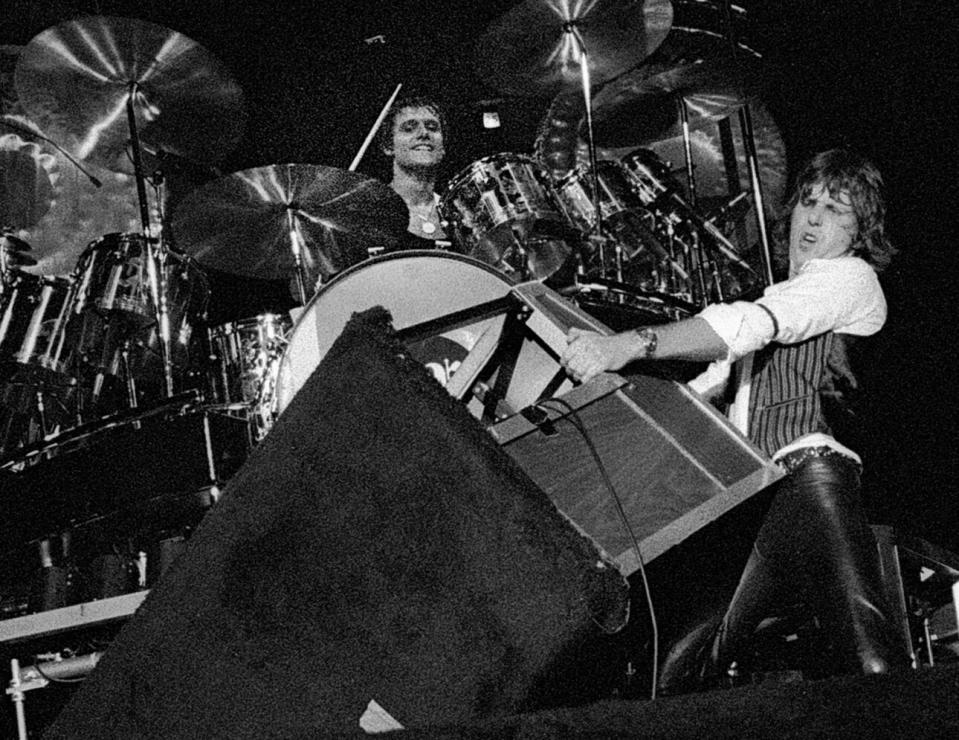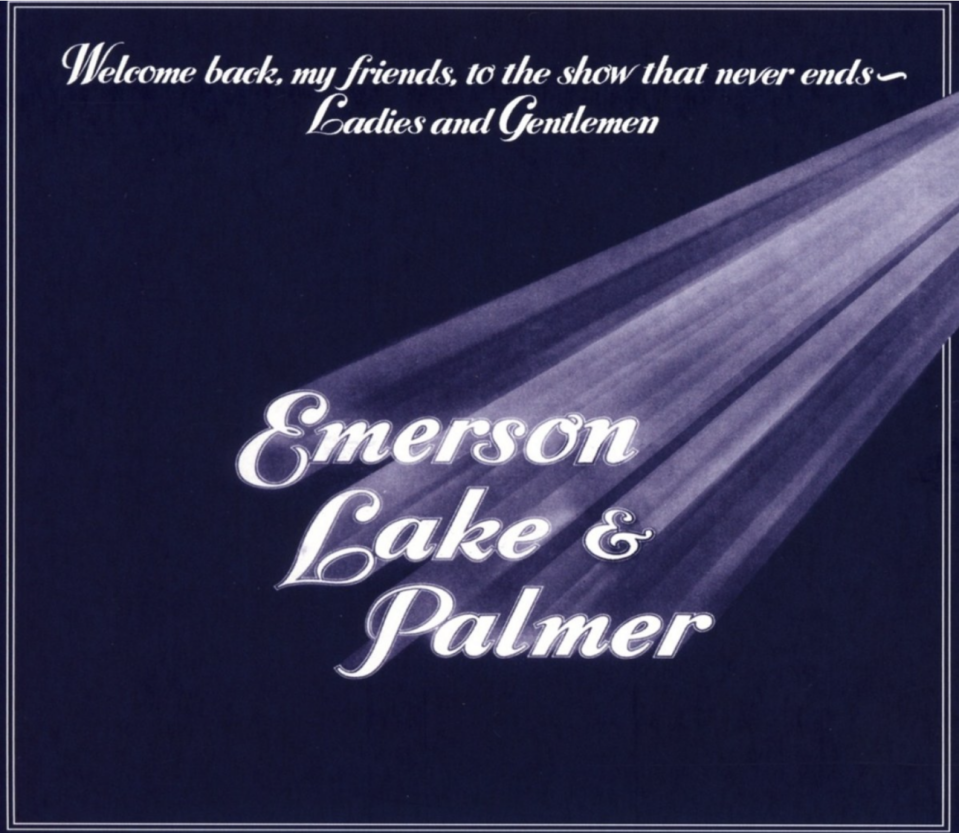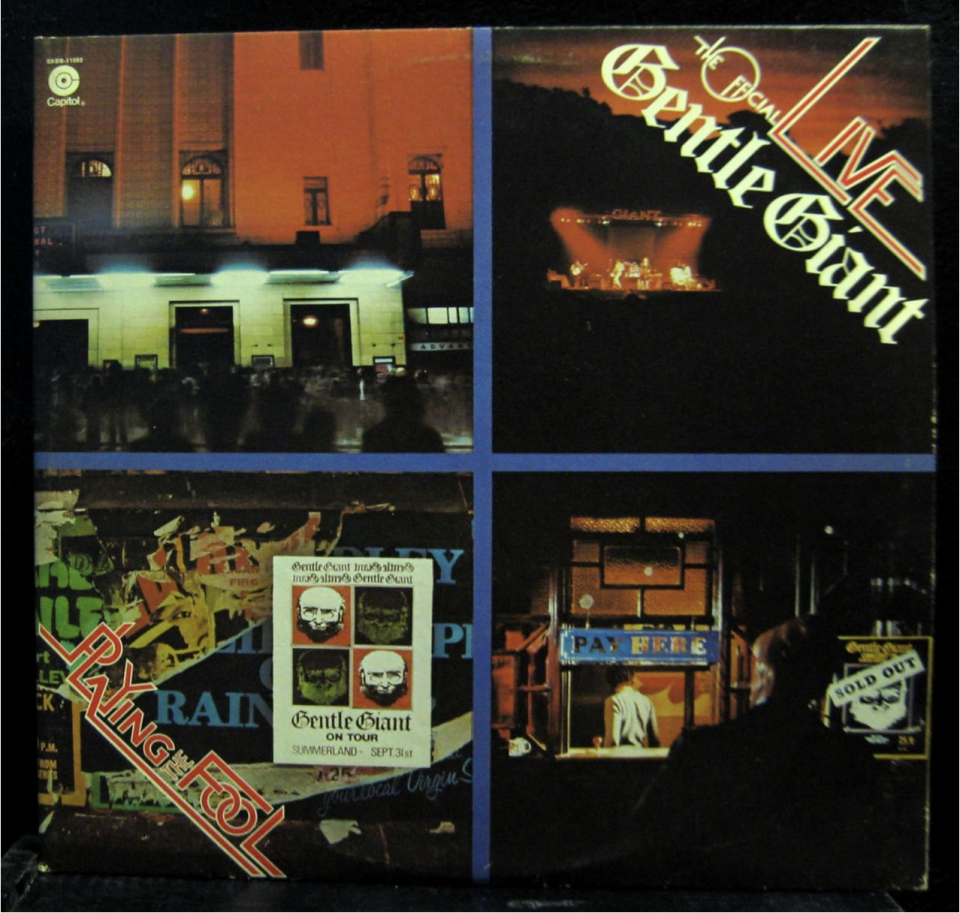The 10 Best Live Prog Rock Albums


Progressive rock thrives in a live setting. Its limitless ambition and plurality of sounds—from jazz and blues to psychedelia, classical and folk—find fertile ground in the electricity of stage performances.
After the Beatles proved with Sgt. Pepper’s that a rock record could be anything—and everything—you wanted it to be, the initial generation of young British proggers allowed their imagination to run wild: Peter Gabriel wore a red dress and fox mask, telling eerie stories in between Genesis songs. Keith Emerson stabbed his Hammond for the freakiest avant-garde dissonance. Donning a glittering cape, Rick Wakeman showed off his keyboard chops as the purple lights and smoke machines did their thing. Prog’s zesty excesses were a vehicle for the expansion of popular music—beyond the expected, and the unknown.
More from Spin:
5 Albums I Can’t Live Without: Richard Patrick of Filter/Nine Inch Nails
Knotty By Nature: The Vibrant Connection Between Rap and Psych-Rock
New Syd Barrett Doc Creates A Personal, Technicolor Portrait
Ambitious, meticulously arranged rock (often packaged in double- and triple-LPs with elaborate artwork) became the norm during the ‘70s. This aesthetic was brutalized by punk, kept marginally alive by the neo-proggers of the ‘80s, and returned with a bang in the 21st century, when shades of prog appeared organically in the DNA of Radiohead, Muse, Arcade Fire, Porcupine Tree, and countless other bands.
From early Queen glam and ELP pomp to Supertramp’s catchy hits and Marillion’s retro delights, here are the 10 best live prog albums of all time.

10. Marillion – The Thieving Magpie (1988)

Marillion became an even more intriguing band when Steve Hogarth replaced former lead singer Fish. They expanded their sound, flirted with alternative rock, and in 2004 released Marbles, the best album of their stubbornly independent career. Still, none of their many live records sound as lush and rapturous as TheThieving Magpie—so inspired, it even gives neo-prog a good name. On disc one of the CD edition, the transition from Rossini opera into “Slàinte Mhath” is ferocious, and time stands still during the bridge of “White Russian.” Disc two is even better: the affecting melodic richness of Fish’s autobiographical Misplaced Childhood, performed with flair and precision during a 1986 London gig.
9. Jethro Tull – Bursting Out (1978)

Led by the indefatigable Ian Anderson, Jethro may well be the one prog band best experienced live. Now that most Tull albums have been reissued in lavish box sets that include full concerts, there are plenty of dates to choose from—but this double LP is the one that started it all. This vibrant recap of the 1978 Heavy Horses tour is a buoyant experience: Anderson sounds like a deranged minstrel as he injects hard rock gravitas into the 1969 single “Sweet Dream,” then condenses the 1972 manifesto Thick as a Brick into a 12-minute powerhouse. He plays the flute, sings, and smashes cymbals on a riveting “Songs from the Wood”—inviting us all to join the chorus if we can.
8. Queen – Live at the Rainbow ‘74 (2014)

They were quintessentially glam, heavy when they chose to be, and enjoyed a bit of vaudeville. But at its core—especially from their glorious 1973 debut through 1976’s A Day at the Races—Queen were as prog as it gets. This beautifully dark, occasionally mournful double-album finds the quartet playing tracks from their first three LPs with the kind of ragged intensity that would soon become part of their past. Some of the best moments find Freddie Mercury at the piano, like the exhilarating medley that segues the operatic vulnerability of “In The Lap of the Gods”— that’s drummer Roger Taylor wailing in the background—into the electric bubblegum of “Killer Queen.” Prog detractors claim that the genre lacks soul. Clearly, they never experienced the therapeutic fire of 1974 Queen.
7. Camel – A Live Record (1978)

Airy melodies, haunting orchestrations, and a certain sweetness of spirit define the music of Camel—one of rock’s most criminally underrated bands. Even though the group is still active, its golden era (1973-78) relied on the elusive chemistry between guitarist Andy Latimer and the late keyboardist Peter Bardens. And they were popular enough to perform their magnum opus—the melancholy concept suite The Snow Goose—with a symphony orchestra at the Royal Albert Hall. Enriched with additional tracks for its 2002 reissue, this double album is jazzy and whimsical. Of note: the piano miniature “Fritha Alone” sounds like a long-lost Claude Debussy prelude.
6. Supertramp – Paris (1980)

A lovingly assembled date of immaculate prog-pop, this double-album—recorded at the city that embraced the band’s music most passionately—finds Supertramp at their height of commercial and artistic success. They celebrate in style: polishing up a bluesy, forgotten B-side (“You Started Laughing”), contrasting the gruff cynicism of Rick Davies (“Asylum”) with the Garden-of-Eden innocence of Roger Hodgson (“Hide In Your Shell”), and engineering a heroic climax with “Fool’s Overture”—Hodgson’s knotty piano chords, the voice of Winston Churchill, a bridge of swirling woodwinds. If you’re left pining for an extra helping, the 2010 deluxe edition of Breakfast in America includes additional tracks from this tour. (A crisp-looking Blu-Ray video is also available.)
5. Pink Floyd – The Dark Side of the Moon (Live at Wembley 1974) (2023)

It is a moving experience, listening to this properly remastered 1974 live version of prog rock’s most gorgeous moment. If the studio album relied heavily on sound effects and state-of-the-art sonics, it became something altogether different in concert. It breathes, grooves, growls a little, expanding the melodies and underscoring the profound existential sadness of the lyrics. “The Great Gig in the Sky” sounds raw and profound, as it should—and Richard Wright’s wistful piano improvisations at the tail end are, by themselves, worth the price of admission.
4. Emerson, Lake & Palmer – Welcome Back My Friends to the Show That Never Ends – Ladies and Gentlemen (1974)

Misguided critics misunderstood ELP’s joyous rock’n’roll circus for pretension—their loss. The sound on this gargantuan triple-album is dense and booming, making for a particularly intense—almost claustrophobic—experience. The trio never managed to transpose the sophistication of albums like 1972’s Trilogy into the concert stage, but they made up for it with an almost punky revulsion: speeding up the tempos, amping up the dissonance. The fact that Keith Emerson managed to replicate the thorny, classically influenced piano lines of “Karn Evil 9” in concert (both Prokofiev and Ginastera come to mind) underscores what a rare, supernaturally gifted band ELP really was.
3. Gentle Giant – Playing the Fool (1977)

Since the release of their 1970 debut, Gentle Giant embodied prog at its most visionary: a mischievous blend of renaissance polyphony, jazz interplay, psychedelic folk, and—well, yes, raucous rock’n’roll. The fact that these five brave men were able to reproduce their musical shenanigans—with the occasional touch of cello, recorder, violin, trumpet and vibes—is astonishing. In retrospect, it’s comforting to see how visceral and down-to-earth songs like “Funny Ways” and “Free Hand” sound today. In 2019, the magnificent (and out-of-print) Unburied Treasure box set packaged their full catalog with 15 previously unreleased concert recordings—it’s the holy grail for live Giant.
2. Yes – Progeny: Seven Shows from Seventy-Two (2015)

The best part about Yessongs—the muddy sounding, triple live album that Yes released in 1973—was Roger Dean’s majestic artwork on the gatefold sleeves. Fortunately, seven multi-track shows from the same era were found and released in their entirety in 2015. Even though Chris Squire’s thunderous bass is somewhat low in these mixes, Progeny offers illuminating insight into the touring routine of a band that, at that time, appeared to exist in a permanent state of grace. The set list remains the same throughout—but the differences in tempo and spirit on “Close to the Edge” are exhilarating. Bonus points for Jon Anderson’s loopy song intros.
1. Genesis – Seconds Out (1977)

With or without Peter Gabriel, Genesis made music that was rich in spectral moods and theatrical storytelling. Recorded at the precise junction when Phil Collins came of age as the band’s definitive lead singer, this double-LP finds a transcendent mystique in the most delicate moments: Steve Hackett’s languid guitar on “Carpet Crawlers,” the otherworldly instrumental passage on “Cinema Show,” the pastoral intro of the epic “Supper’s Ready.” There’s rock’n’roll combustion in the double-drumming pyrotechnics of Collins and former Weather Report percussionist Chester Thompson. For more Genesis magic, check out the widely available soundboard bootleg recorded in Zurich on July 2, 1977.
To see our running list of the top 100 greatest rock stars of all time, click here.
